Are the determinants of per capita incomes spatially homogeneous?
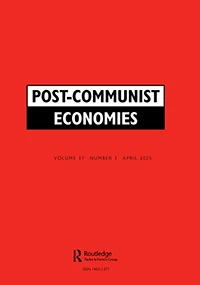
Tibor Bareith – Adrián Csizmadia Post-Communist Economies, Published online: 06 Apr 2025 Abstract This study examines whether the determinants of per capita incomes in Hungary are spatially homogeneous or exhibit significant local variations. Using 2019 municipal-level data, we apply Geographically Weighted Regression (GWR) to model relationships between total domestic income per working-age population and variables […]
Price transmission in the Hungarian pork market
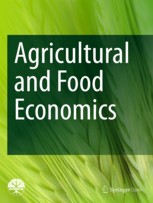
Tibor Bareith – Imre Fertő – Szilárd Podruzsik Agricultural and Food Economics, Vol. 13. Art. No. 11. (2025) Abstract This study examines price transmission dynamics in the Hungarian pork market from 2017 to 2023, focusing on the effects of price controls implemented to combat inflation. Inflation and price control policies have been central topics in […]
Statistical overview of the Sniffin’ sticks olfactory test from the perspectives of anosmia and hyposmia

László Sipos – Zsófia Galambosi – Sándor Bozóki – Zsombor Szádoczki Scientific Reports, Vol. 15. Art. No. 8984 (2025) Abstract The Sniffin’ Sticks test is evaluated by summing the scores of threshold, discrimination, and identification subtests to establish an olfactory diagnosis (anosmia, hyposmia, normosmia). However, variations in thresholds, ranges and inconsistencies have been observed. Statistical analyses (distributions, quantiles), protocol […]
Unequal relational travel patterns of long-distance rail trips between different levels of settlement hierarchies – Case study from Hungary
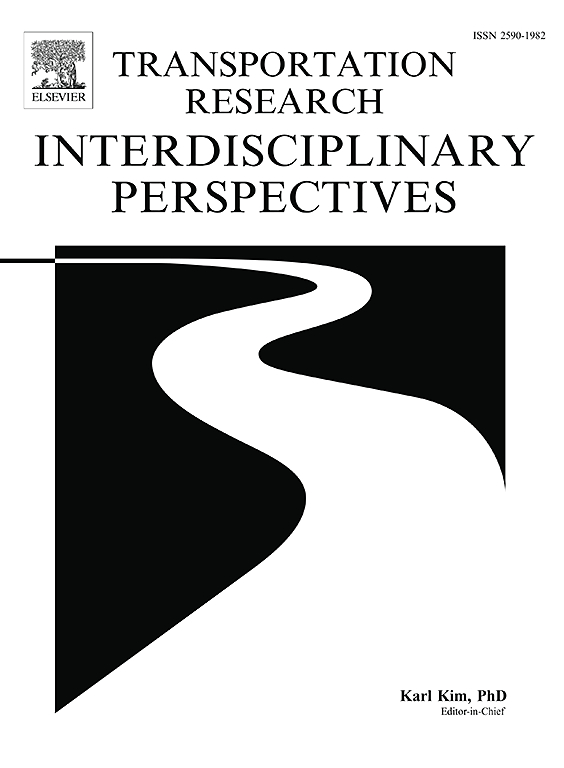
Vilmos Oszter – István Kövesdi – László Sipos Transportation Research Interdisciplinary Perspectives, Vol. 31. Paper: 101387 (2025) Abstract The study of long-distance travel behaviour has become a prominent field of research on a global scale. Parallel with economic development, the proportion of long-distance trips undertaken by individuals and groups across the globe is increasing. Based […]
Revisiting the Dunning-Kruger effect: Composite measures and heterogeneity by gender
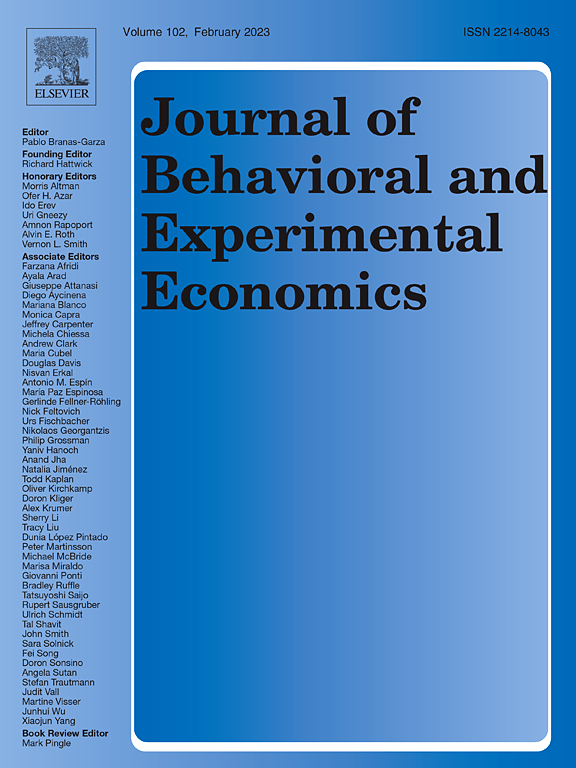
Anna Adamecz – Radina Ilieva – Nikki Shure Journal of Behavioral and Experimental Economics, Vol. 116. Paper 102362 (2025) Abstract The Dunning-Kruger effect (DKE) states that people with lower levels of the ability tend to self-assess their ability less accurately than people with relatively higher levels of the ability. Thus, the correlation between one’s objective […]
Trade-offs and synergies when balancing economic growth and globalization for sustainable development goals achievement

Imre Fertő – Gábor Harangozó Scientific Reports, Vol. 15. Art. No. 8634 (2025) Abstract This study investigates the complex relationships between globalization, economic growth, urbanization, and ecological footprint in the context of advancing the United Nations Sustainable Development Goals (SDGs). Employing a club convergence framework, we evaluate global SDG Index from 2000 to 2023 for 149 […]
The intertwined geographies of agricultural land and human settlement in Europe
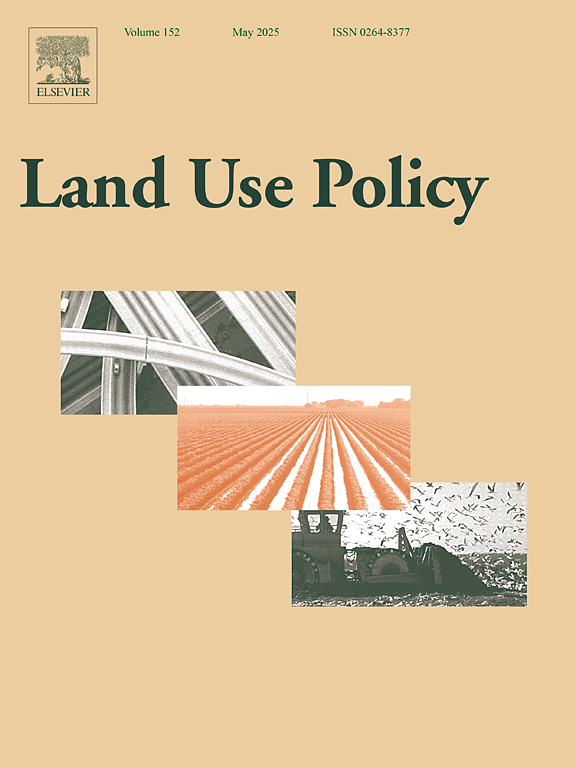
Jüri Lillemets – Ants-Hannes Viira – Imre Fertő Land Use Policy, Vol. 153. Paper: 107527 (2025) Abstract Attention of rural policies in Europe is increasingly shifting away from agricultural production towards economic multifunctionality, environmental sustainability, and social development, including the impact of farmland on quality of life. This study examines the relationship between population and […]
Realistic models for diffusion of innovation
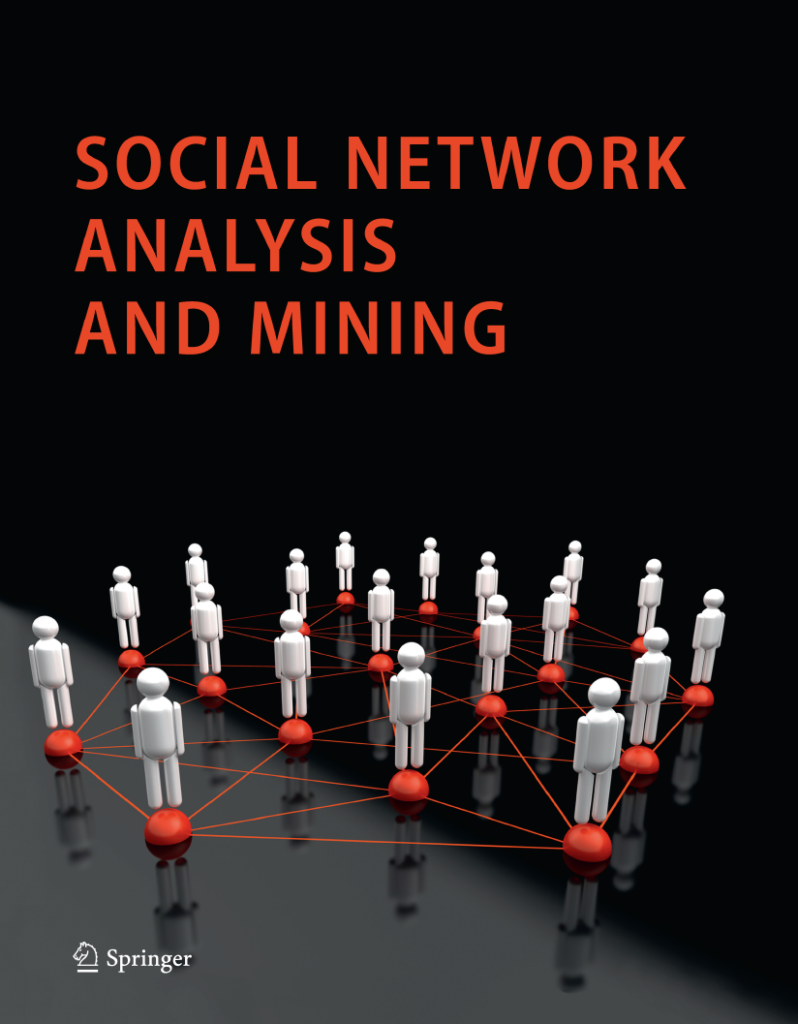
Balázs R. Sziklai – Kate Barnes – József Pintér Social Network Analysis and Mining, Vol. 15. Art. No. 12. (2025) Abstract It is widely acknowledged in the socio-economic literature that innovators and early adopters play an essential role in the diffusion of innovation. However, current approaches to influence maximization primarily concentrate on identifying influencers as […]
The Experiential Advantage in Consumption: Evidence from Hungary
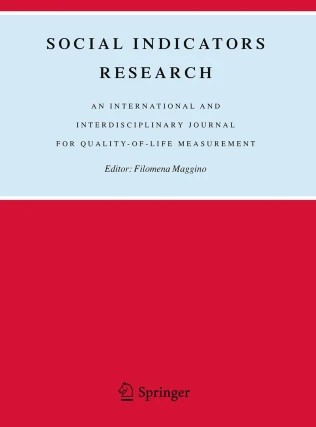
Gábor Hajdu – Tamás Hajdu Social Indicators Research, Published: 06 March 2025 Abstract Previous research indicates that individuals derive greater happiness from spending on experiences than on material possessions. However, these studies have relied primarily on U.S. samples and research designs in which participants directly rated their happiness with recalled purchases. This study examines whether […]
Urban highways are barriers to social ties

Luca Maria Aiello – Anastassia Vybornova – Sándor Juhász – Michael Szell – Eszter Bokányi Proceedings of the National Academy of Sciences, Vol. 122. No. 10. Paper e2408937122 (2025) Significance Highways are physical barriers that cut opportunities for social connections, but the magnitude of this effect has not been quantified. Such quantitative evidence would enable […]
Digitalization against tax evasion : evidence on the role of company size
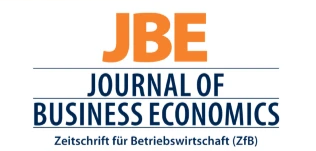
Bálint Ván – Gábor Lovics – Csaba G. Tóth – Katalin Szőke Journal of Business Economics, Published online: 27 February 2025 Abstract: To reduce tax evasion, in 2013 and 2014 the Hungarian government introduced mandatory online cash registers (OCR) in some sectors. As a result, almost 200,000 OCRs have been installed by 100,000 enterprises. We […]
Investigating the Role of Activation Functions in Predicting the Price of Cryptocurrencies during Critical Economic Periods
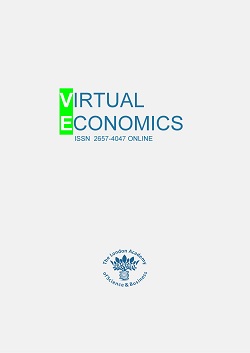
Laszlo Vancsura – Tibor Tatay – Tibor Bareith Virtual Economics, Vol. 7. No. 4. (2024) Abstract Accurate cryptocurrency price forecasting is crucial due to the significant financial implications of prediction errors. The volatile and non-linear nature of cryptocurrencies challenges traditional statistical methods, revealing a gap in effective predictive modelling. This study addresses this gap by […]





